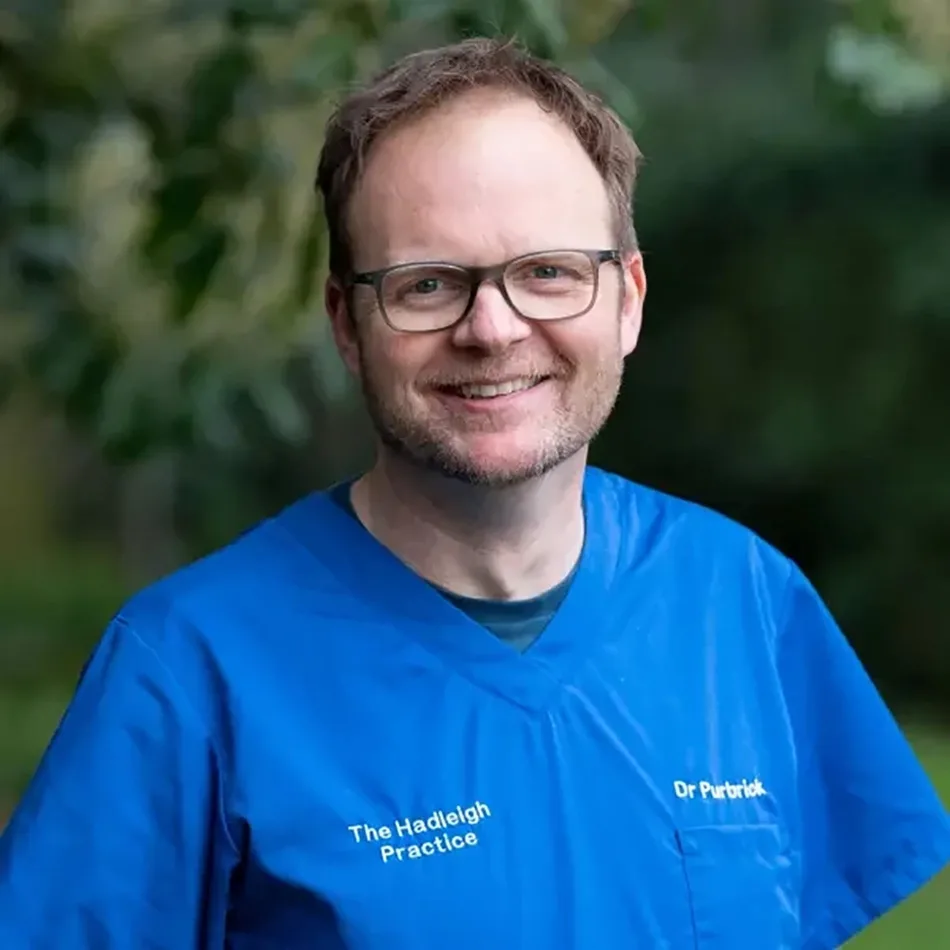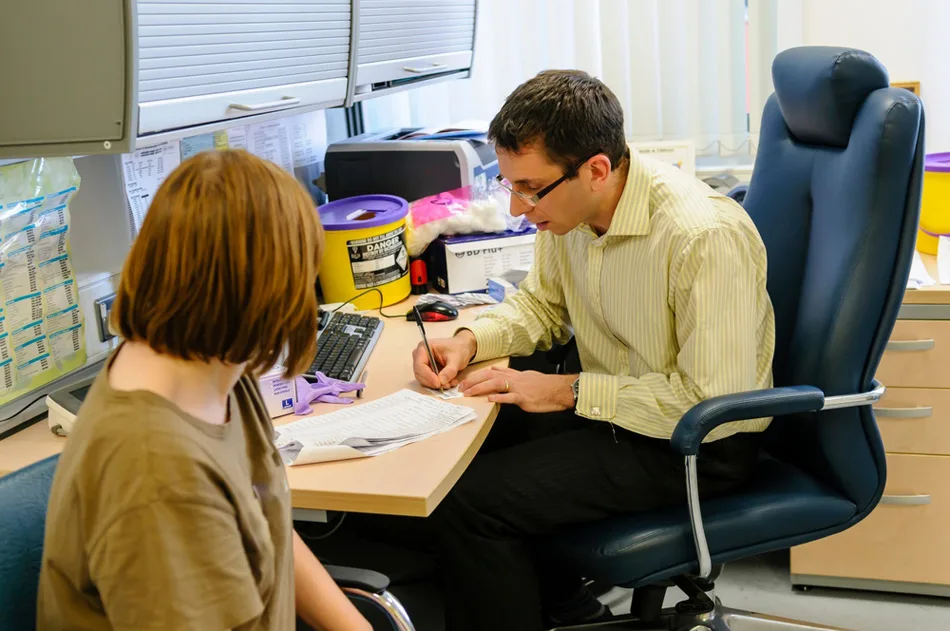With fewer doctors and shrinking budgets, Dorset GPs are seeing more patients – and behind those busy surgery desks the strain is showing

From the 8am scramble for appointments to receiving life-changing diagnoses, Dorset patients have mixed experiences of their GP surgeries. So what’s really happening behind those busy reception desks – and why does it seem impossible to be seen when you need to be?
When most people think of healthcare, they picture hospitals – yet around 90% of consultations with a clinician happen in primary care – your local GP surgery.
Does the funding reflect that workload? Not even close.
Only 7% of the NHS budget goes to general practice, with the rest largely directed to hospitals. Your GP surgery receives about 31p a day for each registered patient – less than the average price of an egg.
Across Dorset, there are between 38,000 and 45,000 appointment slots each month – theoretically enough for half the population to see a clinician if they need to. Despite frequent complaints about waiting times, almost 40% of Dorset patients are seen by a GP on the same day, and 61% within a week.
But Dorset also ranks among the worst areas in England for long waits: 8% of patients wait more than 28 days to see a doctor, compared with a national average of 5%. The reasons are complex. Some patients prefer to wait for a specific GP, while others have conditions that require specialist input. With Dorset’s ageing population, many are likely to have a long-term condition or require specialist assessments.
Hard to recruit
Despite rising need, the number of fully qualified, full-time GPs in Dorset has fallen steadily – there are now 429, 29 fewer than in 2017. Dr Andy Purbrick, a GP in Broadstone and joint chief executive of the Wessex Local Medical Committee, which supports general practices across the region, says the decline is deeply worrying: ‘It really dismays me. I’ve been a GP for 25 years and I’m also a trainer. I always wanted to be a GP – but we’re seeing more colleagues leave the profession early, often due to burnout. The clinical hours don’t reflect the total hours worked. Often it’s the unseen load – results to check, admin to process, constant behind-the-scenes work.’
He says stagnant government funding is compounding the problem. ‘Our core contract hasn’t been uplifted for years, which makes it hard to recruit. A survey by the Royal College of General Practitioners found that 40% of GPs plan to leave the profession within five years. Even trainees now question whether they’ll last in the job. Burnout is real, and we’re constantly trying to maintain a safe workload.
‘We’re the part of the NHS that can’t say no.’
Training and recruitment is also under strain. Dorset has a comparatively strong record on training places – around 65% are currently filled by international medical graduates – but retention of trainers remains a problem. ‘We’re struggling to keep enough trainers,’ Dr Purbrick says. ‘We try to fit everything into an already packed day. There’s also a lack of physical space – most of the capital funding for building goes to hospitals. We even have qualified GPs looking for work, but practices simply can’t afford to employ them.’

Open a motorway
Not everyone is convinced that the new appointment booking system is working. The government has asked practices to make online booking available throughout the working day, rather than only in the mornings. Dr Purbrick says the reality varies across Dorset:
‘It’s a mixed picture. Every practice is different – and many have offered online access for years. At the Blackmore Vale Practice, for example, introducing an online system cut average phone waits from 11 minutes to just one.’
But digital access also brings challenges. ‘Our main concern is the perception that we’re opening a motorway into general practice,’ he says. ‘Some practices worry about how to meet demand safely. Patients don’t always know what’s urgent and what isn’t. Someone might think their problem is minor but actually need urgent care – and others, especially those with complex needs, can struggle with technology.’
Missed appointments remain another frustration. In Dorset alone, there were more than 13,500 missed appointments in June 2025 – equivalent to £627,000 in lost clinical time.
A complex picture
Despite a slight fall in Dorset’s population – down 0.03% – the number of requests for GP appointments rose by 11.3% in June this year alone. It’s a sharp reminder of the pressure on primary care.
‘It’s a complex picture,’ says Dr Purbrick. ‘We’re seeing more people with long-term conditions and frailty, and a significant rise in mental health problems. One in six adults in Dorset is on an antidepressant. Covid has had a big impact, particularly on younger people’s mental health. We also see patients multiple times while they wait for hospital treatment.’
He says many patients now come forward earlier or for social rather than medical reasons: ‘Some people just need support – others are anxious about taking risks with their health. We also bring people in proactively to monitor and prevent illness, which we know is the best way to manage long-term health overall.’
West Dorset MP Edward Morello agrees that the strain on general practice cannot be solved in isolation: ‘GPs are under enormous pressure,’ he says. ‘Outdated funding, ageing buildings, recruitment difficulties and an ageing local population all play a part. When residents can’t get appointments, pressure simply shifts to A&E and pharmacies. We need a proper, whole-system plan – not quick fixes that just move the problem around.’
Dr Purbrick believes the focus must return to prevention. ‘It’s mainly about workload and the growing complexity of long-term conditions,’ he says. ‘Most investment still goes into hospitals, but real progress comes from preventing illness in the first place.
Most of us became GPs to help people stay well – we just want the space and support to do the job properly. We GPs are here simply to do the best for our patients: we go to work to do a good job.’


